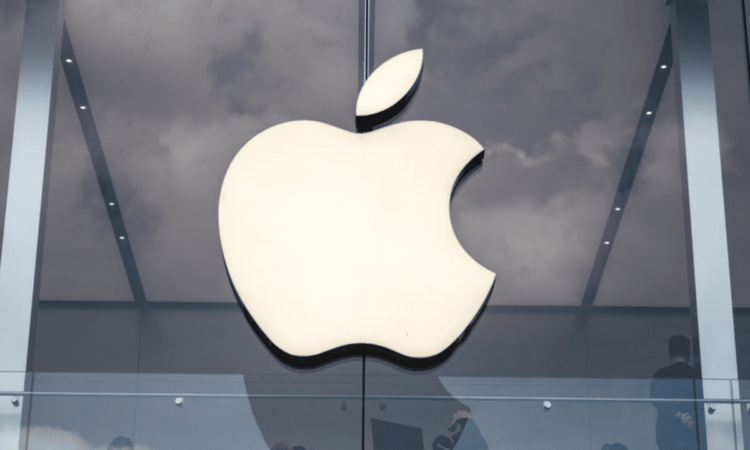
Apple has been accused of non-competitive practices regarding payment methods used on their devices several times in the past.
The most notable example of the Cupertino electronics manufacturer being taken to task for these practices would be the landmark case vs. Epic Games, who eventually won the right to inform users of their app of alternative payment methods that could bypass Apple’s 30% cut of the revenue generated via Apple Pay.
Restricting Competing Wallets
In September, the giant was forced to deal with a private anti-trust lawsuit in which they were accused of abusing their dominance on Apple devices to the detriment of competing wallets. A similar investigation has also been undertaken by EU regulators. So far, their findings have not been announced.
However, a new class-action lawsuit has now been filed in California against Apple, specifically accusing the company of heavily restricting cryptocurrencies as an alternative payment method. According to the plaintiffs, Apple users are routinely subject to inflationary price hikes imposed on payment services at Apple’s discretion, with no viable alternatives.
“The iPhone is the ideal platform for mobile peer-to-peer payments. Decentralized payments would allow iPhone users to send payments to each other without any intermediary at all—and with transaction costs far lower than what Venmo, Cash App, and Apple ultimately charge to move money to and from bank accounts and credit cards. Despite the obvious utility, there is no means to make decentralized payments on the iPhone. This is because of Apple’s control over every app installed[…] through its App Store.”
Arbitrary Enforcement of Fees
According to the new lawsuit, Apple has allegedly entered anti-competitive agreements with CashApp and Venmo, peer-to-peer payment platforms run by Block and PayPal, respectively.
“These agreements limit feature competition—and the price competition that would flow from it—marketwide, including by barring the incorporation of decentralized cryptocurrency technology within existing or new iOS Peer-to-Peer Payment apps.”
Interestingly enough, PayPal and Block were not sued by the plaintiffs. This may indicate that the plaintiffs believe the terms of said anti-competitive agreements were forced onto PayPal and Block.
Whether the two companies were strong-armed into the agreement or whether the terms were beneficial to both parties is up to the judge to decide.
The lawsuit also accuses Apple of banning crypto-related apps from its App Store, naming the Zeus Bitcoin wallets as an example. Dorsey-backed decentralized social networking app Damus was also threatened with removal from the App Store due to its tipping feature, although it was eventually allowed to stay on the platform.






